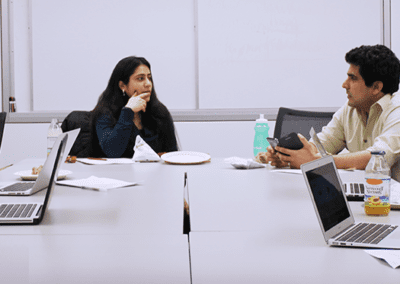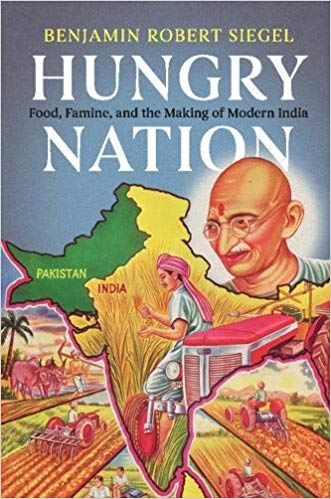TestPage
SubheadingSection Name
Lorem ipsum dolor sit amet, consectetur adipiscing elit. Aliquam justo lectus, ultrices et luctus et, dictum et erat. Suspendisse at tellus sagittis, condimentum metus vel, fermentum libero. Sed pharetra mauris et justo ornare rutrum. Aliquam sodales lorem ut ipsum vehicula faucibus. Proin ornare ullamcorper condimentum. Curabitur at felis faucibus, sodales elit dapibus, fringilla purus. Vivamus eu sagittis est. Nulla a placerat metus. Nulla tincidunt lorem lorem, id sollicitudin arcu malesuada ac. Suspendisse laoreet imperdiet elit eget fermentum. Quisque vitae rhoncus purus. Nulla semper fringilla orci, sit amet bibendum massa fermentum sit amet. Donec aliquam felis eget hendrerit pellentesque. Proin at erat nisl. Proin porta varius odio, quis luctus eros pellentesque finibus.
Title1
j2lfh2fk 2lfh
Title1
j2lfh2fk 2lfh
Title1
j2lfh2fk 2lfh
Nunc feugiat lectus urna, in rutrum risus tempus eget. Cras at ante ut orci pharetra placerat. Nam pulvinar, lacus nec consequat tincidunt, arcu est gravida libero, eget lacinia velit nisi id tortor. Donec cursus felis at enim faucibus feugiat. Nulla nec lacus at lorem consequat gravida. Vestibulum ante ipsum primis in faucibus orci luctus et ultrices posuere cubilia Curae; Maecenas malesuada dui at dolor cursus eleifend. Sed fringilla, urna pretium sodales tempus, augue tortor volutpat urna, quis pretium justo mauris efficitur leo. Pellentesque fermentum dapibus interdum.

Learn to Solve Social and Economic Problems in the Developing World this Fall with GENED 1011
Over 5 billion people living in developing nations face seemingly insurmountable institutional voids that the entrepreneur must overcome to be successful. Contemporary Developing Countries: Entrepreneurial Solutions to Intractable Problems teaches you to apply interdisciplinary tools to address challenges ranging from limited access to education and health, lack of water, sanitation and uncontaminated food, lack of financial services, deep-seated corruption, and now, the raging pandemic.

Numair Abbasi: The Everyday Encounters Art Exhibit
Spring 2020 Visiting Artist Fellow Numair Abbasi is a Pakistani artist whose practice draws on popular culture and anecdotes to challenge how gender is socially constructed and performed. In this video, he discusses the work behind his virtual exhibition, Everyday Encounters, with the Harvard Ed Portal.
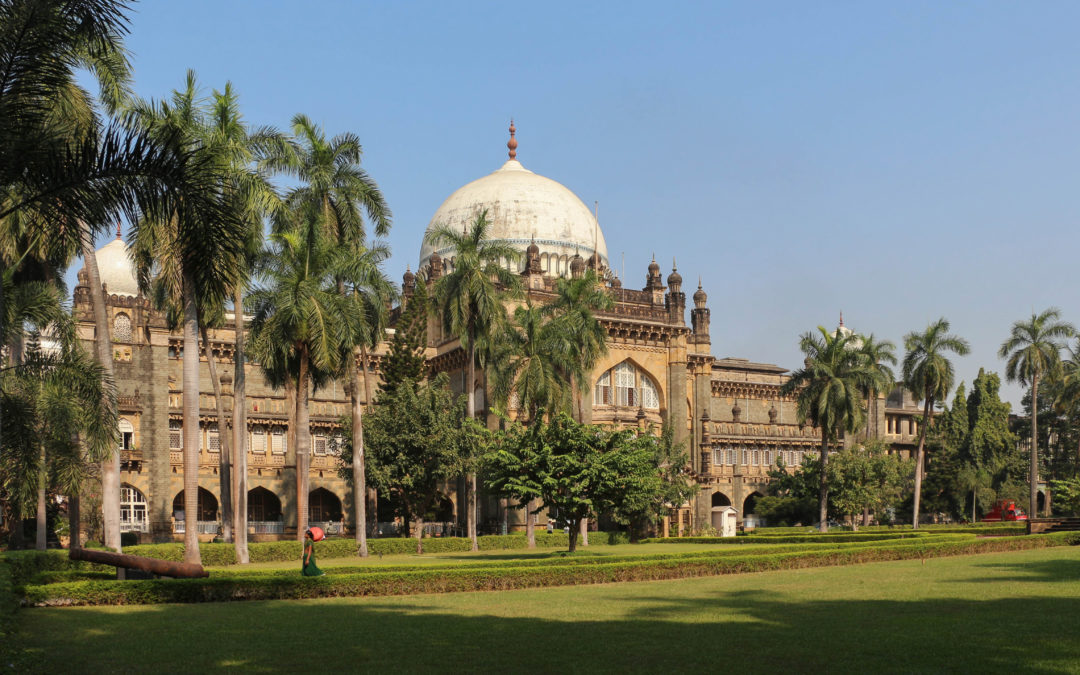
Podcast: Rethinking the Museum Experience During and Post-COVID-19
A recent panel discussion at the Mittal Institute, “Rethinking the Museum Experience During and Post-COVID-19″ — moderated by Jinah Kim, George P. Bickford Professor of Indian and South Asian Art at Harvard University — explores how art institutions can remain nimble enough to respond to uncertainties, such as COVID-19, adapting their approach to tackle similar situations in the future. How can art institutions engage their patrons as partners in the sustainability of museums?

Veronica Vargas: South-to-South Collaboration and South Asia’s Role in Vaccine R&D
Veronica Vargas, PhD, is an economist who focuses on health economics, global health, and health policy. As a research affiliate with the Mittal Institute and visiting scholar at Harvard University for the past three years, she has explored the research and development (R&D) of novel vaccines and drugs in both South Asia and Latin America. More than ever, this expertise has become essential in the understanding of global needs for R&D in the face of a pandemic and additional neglected diseases around the world.
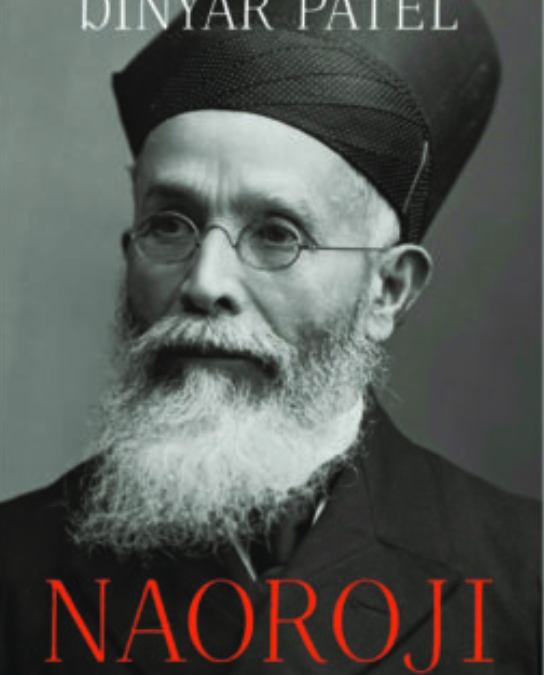
Video: Dadabhai Naoroji and the Birth of Indian Nationalism
The Mittal Institute’s recent panel webinar, “Swaraj: Dadabhai Naoroji and the Birth of Indian Nationalism,” was moderated by Sven Beckert, Laird Bell Professor of History at Harvard University, in discussion with Dinyar Patel, Assistant Professor at S.P. Jain Institute of Management and Research.

Hasna Moudud: Oriental Winds of Change and the Silk Road to South Asia
We spoke with Hasna Jasimuddin Moudud, a Research Affiliate at the Mittal Institute and the author of numerous books, including “Where Women Rule: South Asia,” and “Mystic Poetry of Bangladesh.” For decades, she has journeyed the Silk Road to learn more about the connections and exchanges of goods, ideologies, and knowledge across centuries and continents, and shared with us some of her discoveries along the way.

Video: The Labor of Fashion, the Global COVID-19 Crisis, and the Politics of Resistance in Bangladesh
Through the lens of a contemporary case study, the panelists explore the geopolitics of how vaccines are developed, the funding and distribution methods that are critical to the effort, and the global alliances that facilitate this in the world today, focusing on the South Asia context. They discuss the mechanics and commerce of vaccine development and the critical role that science and business can play in combating pandemics such as COVID-19.

Video: Crowdsourcing Memories of the 1947 Partition of British India
“There is nothing as epochal as the cataclysmic event that was visited upon the people of South Asia when decolonization occurred and the British withdrew during the dismantling of the British empire. That forced event — that trauma — continues to shape the lives of two billion of the world’s seven billion people today,” says Professor Tarun Khanna, Jorge Paulo Lemann Professor at the Harvard Business School and Director of the Mittal Institute. Despite the abundant historical and political scholarship on the Partition of British India in 1947, there are still gaps in our understanding of the event — and the Mittal Institute’s research team set out to change that.

Announcing the Seed for Change Exploratory Grant Program
The Mittal Institute recognizes that as a result of COVID-19, we have all had to make adjustments to our daily lives. We also know that students are doing their best under the circumstances to continue learning in new and creative ways. In light of this, we’re offering a one-time SFC Exploratory Grant to students who are currently working on ideas or a project that addresses intractable problems in India and Pakistan.

An Artist’s Journey from Nepal to Cambridge, and Back
“The southern border of Nepal, along India, was created 150 years ago by external parties,” says Sagar Chhetri, a visual artist from Nepal and a former Visiting Artist Fellow at the Mittal Institute. When that border was created, communities were cut in two. “[In Nepal], the ruling caste tried to unite all the peoples of the country to create one single Nepali identity. But in the populous open border region, Nepalis and Indians share marital ties, cultures, languages, and histories. With the promise of federalism during the decade-long civil war in Nepal came stronger rhetoric and ideology based on ethnic identity,” he said.
Nunc feugiat lectus urna, in rutrum risus tempus eget. Cras at ante ut orci pharetra placerat. Nam pulvinar, lacus nec consequat tincidunt, arcu est gravida libero, eget lacinia velit nisi id tortor. Donec cursus felis at enim faucibus feugiat. Nulla nec lacus at lorem consequat gravida. Vestibulum ante ipsum primis in faucibus orci luctus et ultrices posuere cubilia Curae; Maecenas malesuada dui at dolor cursus eleifend. Sed fringilla, urna pretium sodales tempus, augue tortor volutpat urna, quis pretium justo mauris efficitur leo. Pellentesque fermentum dapibus interdum.
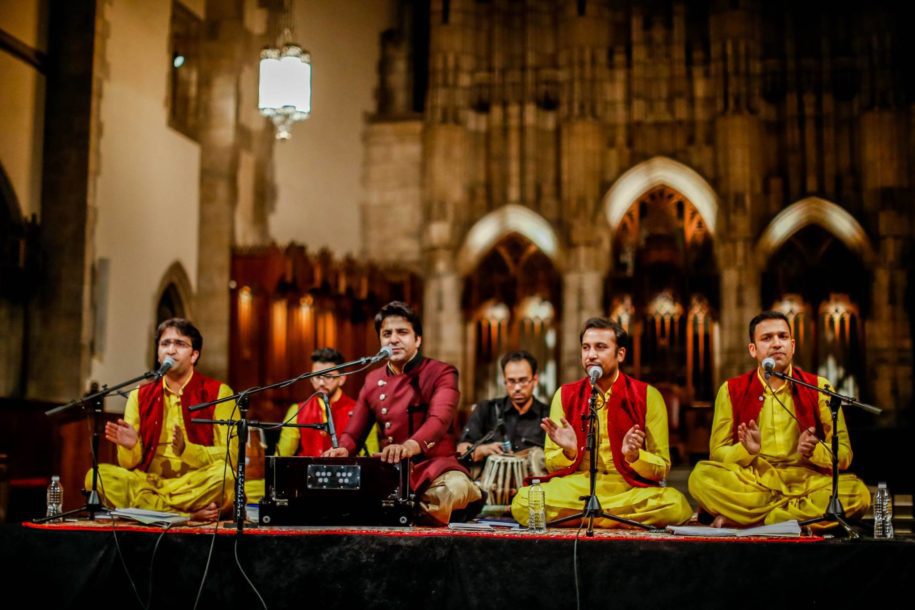
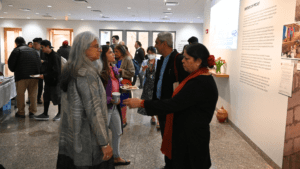
Caption here
Welcome to The Lakshmi Mittal and Family South Asia Institute at Harvard University! We are dedicated to exploring the rich and diverse cultures of South Asia through research, education, and engagement. Our institute brings together scholars, students, and practitioners to foster innovative thinking and collaboration. Discover our wide range of programs, events, and resources that celebrate the vibrant tapestry of South Asian heritage. Join us on this exciting journey of knowledge and discovery!
